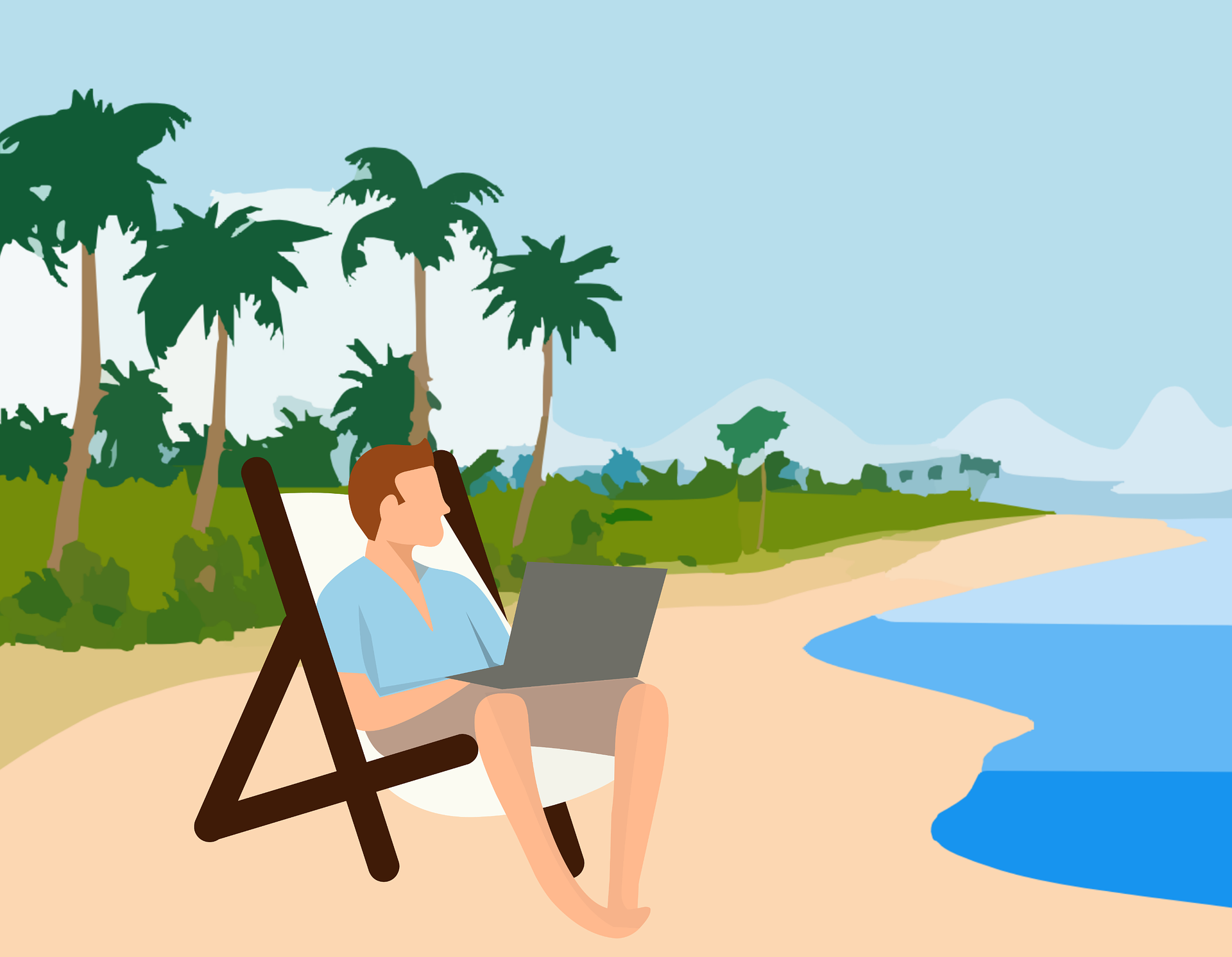This little article contains my personal perspective on a, so called, mini-retirement – what’s it all about, the differences between it and a full retirement and between it and a holiday. Why should we do it? – are there rules for it? Is it a requirement to be old? Lastly some tips from someone who’s done it.
I originally trained in marketing and environmental science and took my first mini-retirement of 4 weeks after selling my share in a garment hanger reuse and recycling business which colleagues and I set up in my 30s to help M&S to meet its environmental obligations. The work was hugely stressful, and I was very glad of some down time.
Since then, I’ve come to really appreciate the value of the mini-retirement, of at least a few weeks, hopefully at least once a year. As I entered my 60s, with a successful practice in wellbeing and education, including my own clinic and training centre, I naturally considered retirement. However, I decided that, as long as I was well enough and loved my work, there was no point. In fact, I’ve known a number of others who have deeply regretted their retirement and not fared well with it.
In my case I’ve been fortunate enough to streamline my practice, partly due to the COVID lockdown, including selling my clinic and training centre and transitioning into the world of hybrid working, with a combination of online and in-person work.
Being part of a team makes the concept of mini-retirements more workable although, for those of us self-employed, we have to accept that other than any residual income, our mini-retirement will cost us financially. The financial loss will be fully compensated for by a period of freedom, rest and recharge, along with hopefully some new learning.
To me, holidays are normally very brief breaks and easy to arrange. They don’t get in the way of my client schedules. Mini-retirements, by contrast are much more of a challenge and require the cooperation and understanding of clients/participants and colleagues.
I strongly suggest that we don’t fall into the trap of believing that because we are fortunate to love what we do, that it is not real work and therefore we don’t need breaks. I have to admit that sometimes, over the years, I have been absolutely rubbish at taking breaks and I’m pretty sure that, on more than one occasion, it has had a serious negative impact upon my health.
Of course, these days there are numerous holidays which are advertised as ‘mindful’ holidays – whether that’s painting, river cruising or writing. Personally, I think that any holiday can be a mindful one as long as we stay with the experience of it. One of my colleagues tells me that he is brave enough for he and his partner to go to the airport with only passports and credit cards and then select a departure destination from the announcement board and buy tickets! As he said to me ‘the worst that can happen is that we end up going back home, and at its best we find an exciting new adventure’.
This same friend was horrified when I told him that I normally take my laptop computer on holiday with me (well surely it deserves a holiday too?). Sometimes I enjoy spending some time writing and find that being in a fresh, enjoyable location can inspire some creativity (my grandchildren are not at all impressed with this)! So, I think that the rule should be… not to have rules. Let nobody tell us what we should or should not do, and just see what happens.
Good luck with taking your breaks, however they happen and, you never know, maybe see you on the beach sometime! I’ll probably be the only one with a laptop computer as well as an ice cream!!





